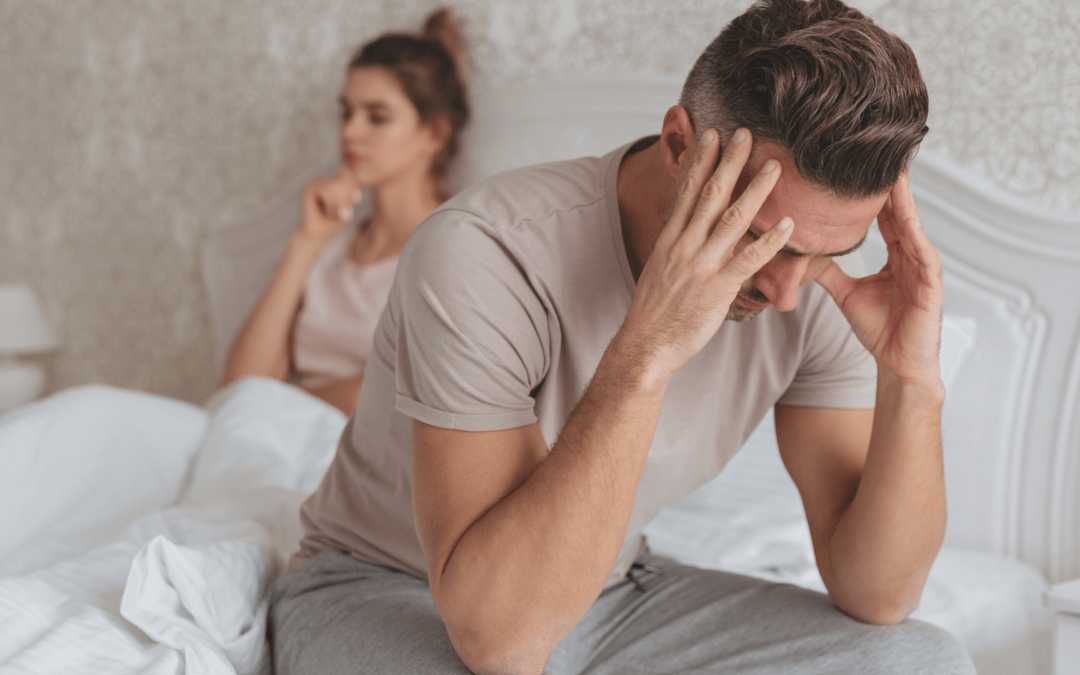Erectile dysfunction (ED) is the inability to achieve or maintain an erection sufficient for satisfactory sexual performance. Treatment for ED can vary based on its underlying cause, but generally includes lifestyle changes, medical treatments, and psychological support. Here’s an overview of common approaches to treating ED:
Lifestyle Changes
Healthy Diet: Eating a balanced diet rich in fruits, vegetables, whole grains, and lean proteins can improve overall health and potentially enhance sexual function.
Regular Exercise: Physical activity improves blood flow and can help manage weight, which is beneficial for sexual health.
Weight Management: Achieving and maintaining a healthy weight can improve erectile function and reduce the risk of conditions like diabetes and cardiovascular disease, which are linked to ED.
Quitting Smoking: Smoking can damage blood vessels and reduce blood flow to the penis, so quitting smoking can improve erectile function.
Limiting Alcohol: Excessive alcohol consumption can impair erectile function, so moderation is key.
Managing Stress: Stress and anxiety can contribute to ED, so techniques such as relaxation exercises, meditation, or yoga can be helpful.
Medical Treatments
Oral Medications: Phosphodiesterase type 5 (PDE5) inhibitors are the most commonly prescribed drugs for ED.
These include:
Sildenafil (Viagra)
Tadalafil (Cialis)
Vardenafil (Levitra)
Avanafil (Stendra)
These medications increase blood flow to the penis and help achieve an erection in response to sexual stimulation.
Injectable Medications: Drugs like alprostadil can be injected directly into the penis to induce an erection. This method can be effective for those who do not respond to oral medications.
Urethral Suppositories: Alprostadil can also be administered as a small suppository inserted into the urethra, which can help induce an erection.
Hormone Therapy: If ED is related to low testosterone levels, hormone replacement therapy may be recommended.
Vacuum Erection Devices: These devices use a vacuum to draw blood into the penis and a constriction ring to maintain the erection.
Penile Implants: For severe cases, surgically implanted devices can be used to achieve an erection. These include inflatable implants or malleable rods.
Psychological and Behavioral Therapy
Counseling: Psychological factors such as stress, anxiety, or depression can contribute to ED. Therapy or counseling can help address these issues and improve sexual function.
Sex Therapy: A sex therapist can work with you and your partner to address relationship dynamics and sexual concerns that may be impacting erectile function.
Other Considerations
Managing Underlying Health Conditions: Conditions like diabetes, hypertension, and cardiovascular disease can contribute to ED. Managing these conditions effectively can improve erectile function.
Reviewing Medications: Some medications can cause or worsen ED. If this is a concern, consult with a healthcare provider to discuss alternatives or adjustments.
When to Seek Professional Help
It’s important to consult with a healthcare provider if you experience persistent ED. They can help diagnose the underlying cause and recommend the most appropriate treatment options. An assessment might include a physical exam, medical history, and possibly lab tests to determine if there are underlying health issues contributing to the problem.









